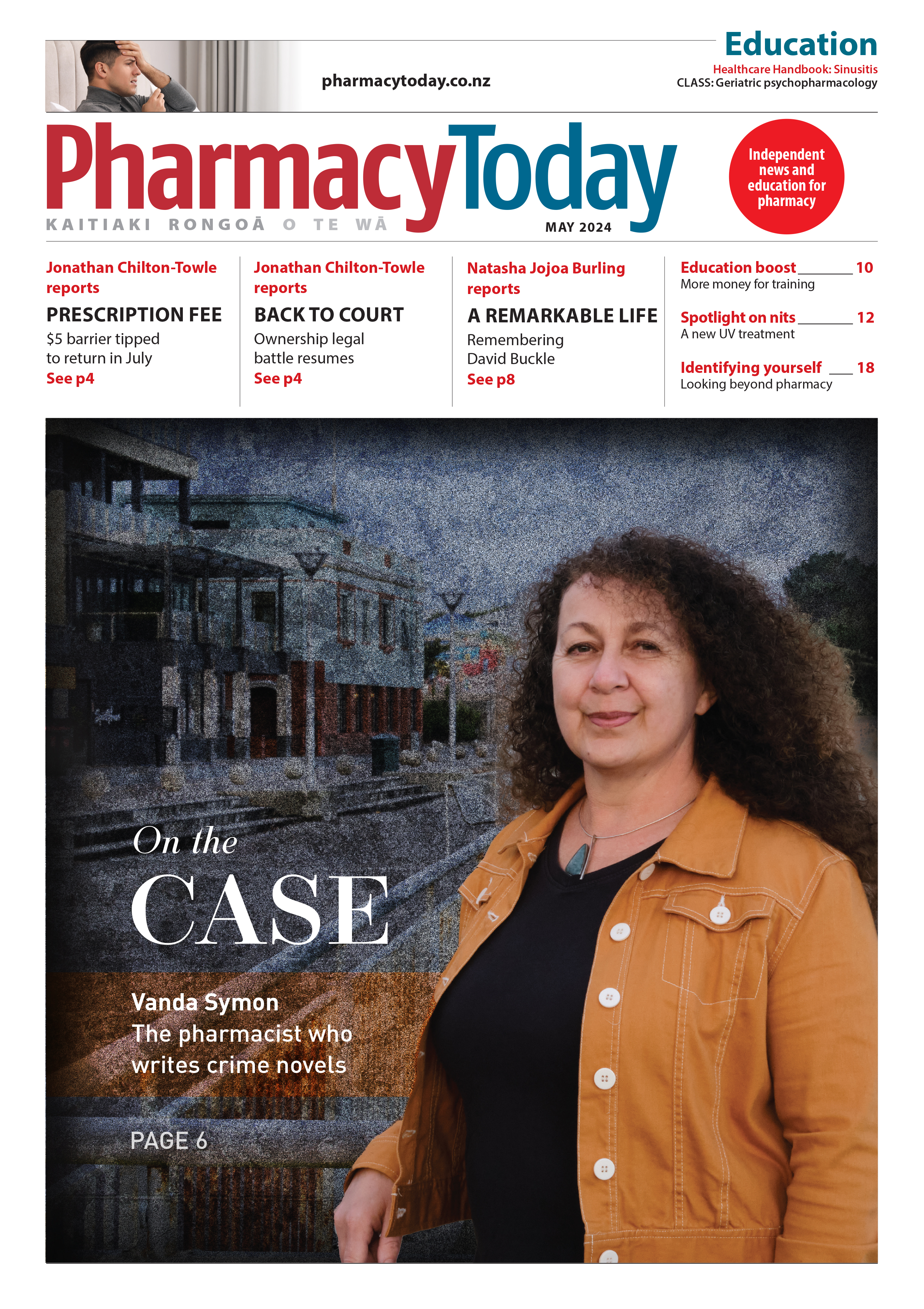This article, written by Sidhesh Phaldessai, provides an overview of geriatric psychopharmacology, including the epidemiology of mental health disorders in the older population, the physiological changes that occur with ageing and their impact on pharmacokinetics and pharmacodynamics, and the use of psychotropic medications in older adults
New position statement calls for access to optimal healthcare and medications for heart failure in New Zealand
New position statement calls for access to optimal healthcare and medications for heart failure in New Zealand
Leading cardiologists and the Heart Foundation are calling for all New Zealanders with heart failure to have access to the latest healthcare and medications for optimal management of heart failure. This would bring New Zealand into line with international best practice.
“International heart failure guidelines now provide strong evidence for a best-practice approach to managing heart failure,” says Professor Robert Doughty, Heart Foundation Chair in Heart Health at The University of Auckland. Professor Doughty and other cardiology experts want New Zealand to follow suit, according to a position statement recently published in the New Zealand Medical Journal, endorsed by the Cardiac Society of Australia and New Zealand and the Heart Foundation.
Heart failure rates declined in the 2000s, a positive indicator of the heart health of New Zealanders, but since 2013 this decline has plateaued. This is largely due to increased heart failure rates in younger people and a higher burden of heart failure among Māori and Pasifika. One marked disparity is that Māori and Pasifika under age 50 are six times more likely to be hospitalised with heart failure than NZ Europeans.
“The evidence is compelling to adopt this new approach and give New Zealanders with heart failure a better chance and quality of life,” explains Dr Gerry Devlin, Heart Foundation Medical Director and cardiologist.
Key recommendations are to address:
- Access to evidence-based pharmacotherapy for patients with heart failure
- Importance of early initiation and titration of pharmacotherapy
- The workforce required to ensure optimal outcomes for patients with heart failure
Game-changing medications are now available internationally to manage heart failure. One of the medication combinations can potentially provide 8.3 additional years before death or first hospitalisation for heart failure, compared with the current treatment in New Zealand.
Cardiologists want these new medications to be available in New Zealand as a first-line treatment for patients for heart failure. Importantly, they’re calling for these medications to be fully funded for heart failure without special authority prescribing requirements.
Currently, SGLT2 inhibitor therapy is only funded for people with diabetes who meet specific criteria. Strong evidence of its benefit for heart failure, regardless of diabetes status, has led many patients with heart failure to self-fund this treatment. This perpetuates existing health inequities in New Zealand.





